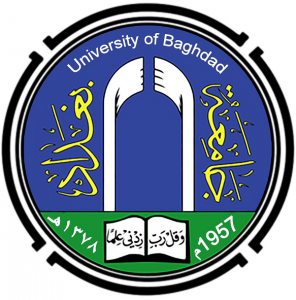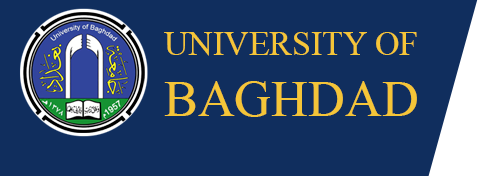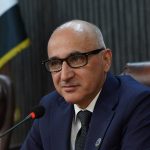The ability to learn and understand is a divine gift bestowed upon humanity, and education is an essential moral and social responsibility that all civilizations and religions have committed throughout history. A fair and efficient educational system is imperative to prepare future generations to confront contemporary challenges and contribute to the progress of human civilization.
Universities are crucial in shaping individuals and societies, providing an environment where minds are refined and scientific and professional personalities are nurtured. This is achieved through building knowledge, fostering curiosity, promoting constructive analytical thinking, and instilling a sense of good citizenship. For universities to remain effective, they require a free and open environment that encourages growth and vitality. This will enable universities to produce specialists in all aspects of life who can devise solutions to current and future societal problems.
Therefore, it is incumbent upon professors, staff, and students at the University of Baghdad to work together diligently and constructively to create a productive academic community that relies on free analysis and logical deduction. This can only be accomplished through a protected environment rich in science, knowledge, and tolerance. We are committed to achieving excellence, creating opportunities, and exerting constructive influence to serve our nation and humanity. Our focus is on addressing common challenges, such as achieving and sustaining social justice and well-being, while also tackling existential threats to humanity, such as climate change and the ethical use of technology.
The University of Baghdad was founded in 1957 as the second largest university in the Middle East and the oldest university in Iraq, including the Faculty of Law (1908), the Faculty of Engineering (1921), the High Teachers’ House (later called the Faculty of Education) in (1923) and the Faculty of Medicine (1921). It is the first of its kind from which all highly trained faculty members, technical and administrative staff have emerged and who became the first seed for establishing and the rehabilitation of other Iraqi universities’ staff in addition to those of other government institutions. Establishment of the University of Baghdad
The University of Baghdad was founded in 1957 as the second largest university in the Middle East and the oldest university in Iraq, including the Faculty of Law (1908), the Faculty of Engineering (1921), the High Teachers’ House (later called the Faculty of Education) in (1923) and the Faculty of Medicine (1921). It is the first of its kind from which all highly trained faculty members, technical and administrative staff have emerged and who became the first seed for establishing and the rehabilitation of other Iraqi universities’ staff in addition to those of other government institutions. Establishment of the University of Baghdad
University Statistics
A collection of the latest statistics and numbers related to the scientific progress of the University of Baghdad and our university’s research within the global databases
Vision
Innovative Leadership and Sustainable Knowledge Production
Mission
We, the University of Baghdad, are an integrated system of esteemed educational, research, and service institutions. We believe that human development is the foundation for cultivating generations capable of leading society and building the nation. Our university is distinguished by its scholars and innovators, with a mission rooted in learning, education, research, and community service. This is achieved through a stimulating academic environment, exceptional human resources, and curricula aligned with labor market demands. Our goal is to produce qualified graduates, engage actively with society, and foster partnerships that promote sustainable development. We affirm the integration of theoretical and practical knowledge and actively compete on a global scale.
Policies
Statistics on the work of the Rehabilitation, Employment and Follow-up Department, and its affiliated units in the university formations




